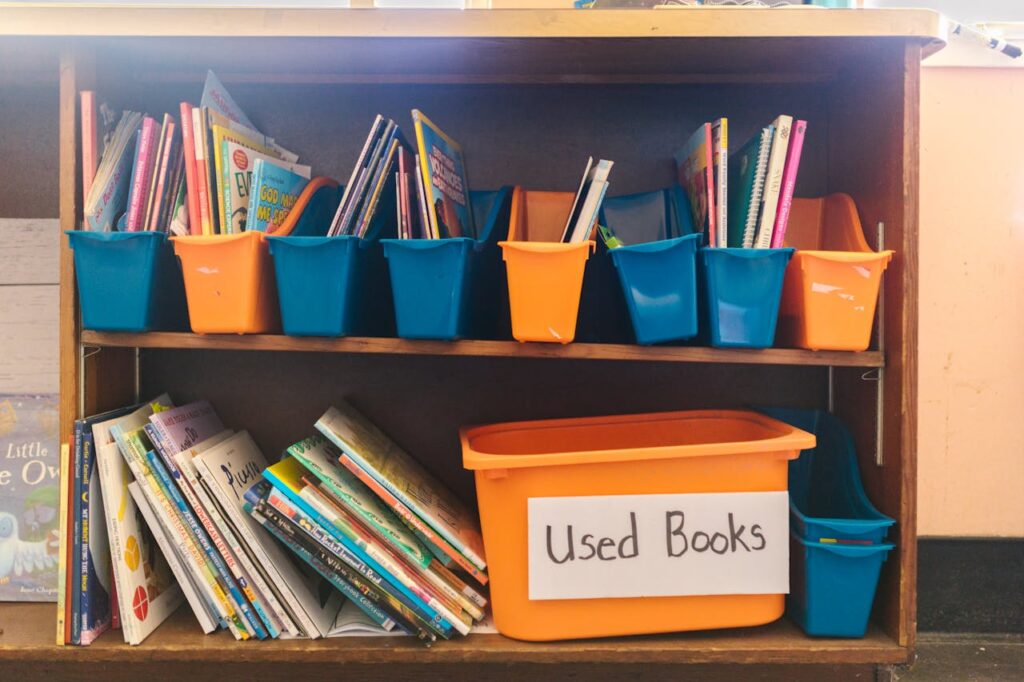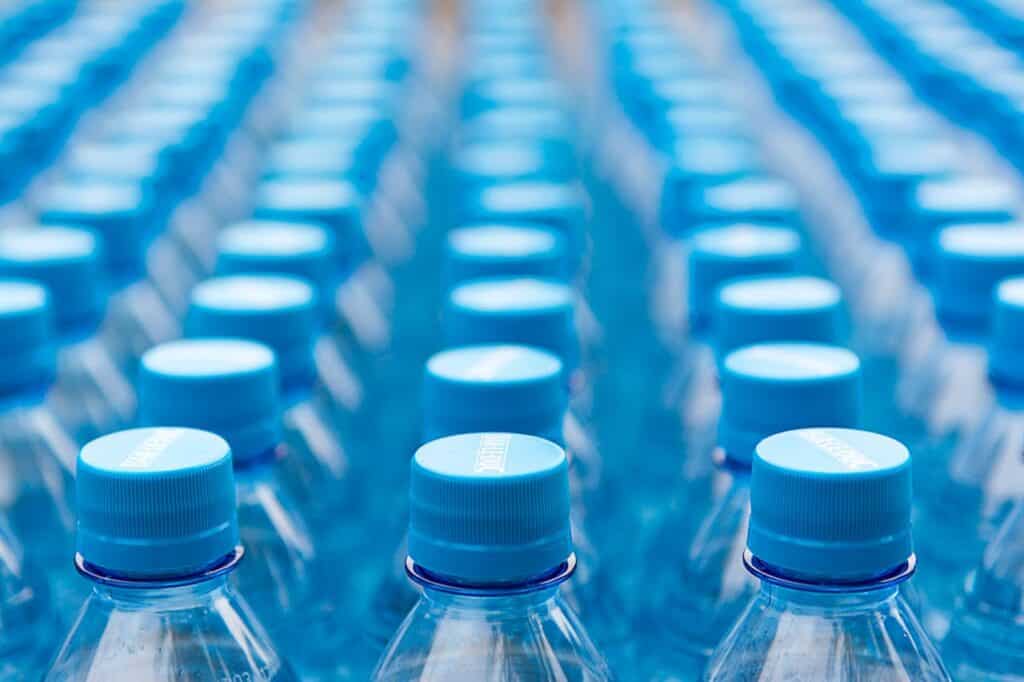In a short space of time, the plastic scrap market has turned on its head. The ‘easy route’ for dirty and contaminated scrap ended suddenly as China constructed their Green Fence policy. China simply continues to reduce its reliance on imports, paying minimal attention to the outside world.
Early suggestions that China was simply trying to appear tough in their stance, rather than actually being tough, have been dispelled, as it was suggested that despite the Green Fence, contaminated materials were still making their way in.
Worryingly, or perhaps useful as an indication of the need for change and growth, international recyclers are simply not able to absorb the same quantity of materials as the Far East, and so they are designing long-term strategies that counteract the decreasing usefulness of China. In the UK many plastic scrap recyclers are discussing domestic reprocessing options, only to find their options are limited. With nowhere to move materials, SRF and RDF, different types of incineration, are becoming used far more increasingly.
Here at Plastic Expert we’ve taken a different approach, one that tackles wastefulness and improves the methods of interception at source. We’ve seen this idea catch on, become very popular and grow into a fundamental activity within this industry. Having been one of the pioneers of this concept, we feel we are in a great position to discuss the transformation of scrap plastic, and why quality dominates all.
Lower grade materials banned from entering China
When operation Green Fence began in February 2013, plastic scrap recyclers panicked, then fearful that their low grade scrap would not be able to be recycled. The shift in quality caused a shift in mentality and forced recycling businesses throughout the spectrum to vet and improve their methods and grades. Despite a general bettering of the system, the existence of low quality scrap did not disappear – it just got swept under the global carpet.
Now, further Chinese measures, going by the name ‘Operation Sword’ are looking to crack down on illegal importers who are accepting low grade materials despite the legal restrictions imposed. Operation Sword goes further than just plastic scrap, it also aims to stop the illegal importation of drugs and guns.
Less desire for unfinished plastic scrap materials
Chinese importers are so concerned with being accused of importing illegal grades of scrap that they are shifting their businesses to the other end of the spectrum. A finished product like a pellet, granule or regrind is now seen at the desired product, meaning that prices for such materials are becoming increasingly more competitive. This is all well and good for the preprocessors who often have this material in abundance and are able to turn decent scrap into pellets, but it doesn’t bode well for scrap handlers who will likely see prices drop due to lower demand.
Shipping costs for plastic scrap
It’s not a cheap activity to send plastic scrap halfway around the world, so the contents of the containers must be worth doing so. It’s a perfectly feasible idea to consider that less demand for scrap internationally might encourage more domestic processing, something we hope will be the case, and have found to be beneficial.
To compound with the natural cost of sending items (like scrap plastic) halfway around the world, the last year has seen dramatic changes that created a domino effect through numerous industries. To start with, Hanjin Shipping went bust, creating a drastic shortage of containers. The result of this unfortunate event was an increase in the cost of shipping, with the cost of a container rising from around $500 to as much as $2500, an incredible 500% increase!
Is the world ready for China’s circular economy?
Long term plans for China to become self dependent in terms of materials recycling may strike fear into the hearts of nations all around the world. The opportunity for more material would initially seem a wonderful idea, but the truth is that a lack of infrastructure would mean that most countries would not be able to absorb the added demands. Domestic reprocessing facilities in the UK are arguably lacking, due to the reliance on China, so it could be seen as a great opportunity for businesses to now enter this industry.
Political uncertainty in the UK and the appointment of Michael Gove, a new Environment Secretary with a political record of voting against progressive environmental ideas, has caused somewhat unease within the ranks of the sustainability sector. Appointing a man who has been described as ‘a fox in charge of a hen house’ has caused many UK environmental companies to play their cards close to their chest, and fear the worst in terms of governmental support from grants, investment and funding. Plastic Expert has always been of the firm opinion that to grow this industry, it must be supported by the government, something that cannot be guaranteed to happen in the future.
Incineration
Further difficulties for scrap exporters from the UK will see an increase in the amount of material that ends up as SRF or RDF (fuel made from incineration). This will create a brief hiccup in the system as customers attempt to adjust to this reality, though it is hoped that recycling options will appear as counter-efforts to increased incineration rates, despite the size and popularity of incineration in many of the world’s most successful nations.








